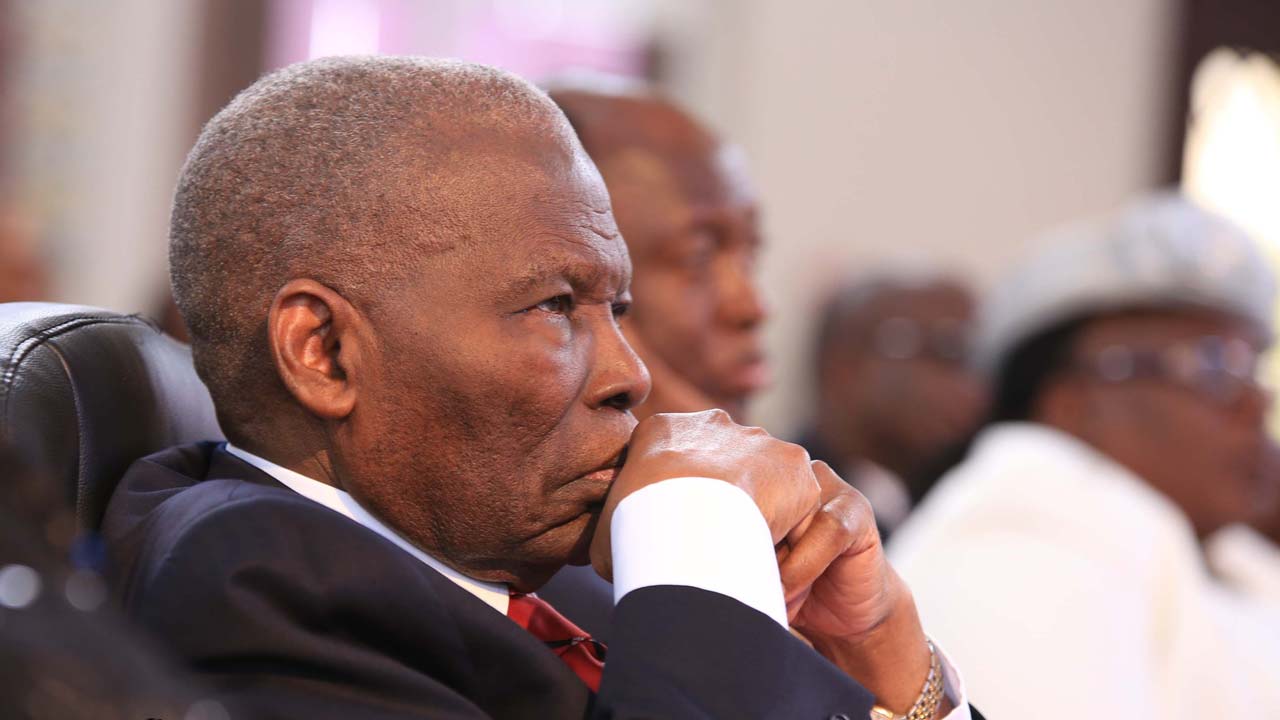
In his New Year speech, President Bola Tinubu threw the National Credit Guarantee System (NCGS) into the mix as a new initiative to provide the much-needed oxygen to the gasping micro, small and medium-scale enterprises (MSMEs). Any effort to revive small businesses should be appreciated, given that many of such businesses have been in an intensive care unit (ICU) since the COVID-19 pandemic.
The proposal reinforces the erroneous assumption that all that small businesses need to flourish is money. Of course, funding, which the proposed NCGS seeks to unlock for small businesses, is necessary for growing an enterprise, whether profit or non-profit. However, small businesses deserve deeper attention as they have the potential to constitute a major drive of the economy.
The history of poor funding of MSMEs, which were estimated at 39.7 million as of 2021, and their critical role in the economy seems to justify the rationalisation that it is alright to throw public resources into the important sector even when the random interventions are haphazardly executed. Suppose the 2021 Small and Medium Enterprises Development Agency of Nigeria’s (SMEDAN) survey is still valid. In that case, MSMEs account for 48 per cent of the country’s total output and 84 per cent of jobs just as over nine out of every 10 businesses are classified as MSMEs. They also drive the most critical sectors of the economy – agriculture, trade and supply value chain – making their survival a matter of life and death for many Nigerians.
However, the survival of any business, much less MSMEs, goes beyond the issue of funding, which suggests that access to financial grants or credits does not solve all the problems associated with managing a business. For instance, research linked 40 per cent of Nigeria’s MSME to poor market demand. Another 19 per cent die on account of their inability to survive competition, which is caused by both endogenous and exogenous factors. In comparison, 17 per cent closed for reasons relating to poor product offering – a problem that stems from inappropriate market research.
Businesses, generally, face operational challenges in Nigeria except that large enterprises can absorb pressure because of their economy of scale advantage. For instance, big companies have had to leverage internal resources and capacity to build independent power plants to surmount the perennial power crisis. With no access to affordable and reliable power, a small business may still not survive even with all the financial resources to sustain its operation at call.
On this basis, the government needs to rethink the proposed credit guarantee scheme. There is no doubt that the initiative, if well-articulated, will reduce the MSME funding gap, which the African Development Bank ((AfDB) estimates at $160 billion; unlock commercial lending flow into the sector and increase the capacity of their operators. But the government, by this, is merely following a historical path, which has not made a substantial impact on the sector.
In rolling out the proposed NCGS, it is important to do a post-mortem analysis of the previous financial interventions in the sector, most of which were administered by the Central Bank of Nigeria (CBN), which through its expanded development function, pumped billions of naira into different sectors – agriculture, manufacturing and many more. With little or nothing done to de-risk the economy before the schemes were implemented, many beneficial organisations went to graves with the largesse.
Credit guarantee does not, in any way, translate to de-risking an economy. It will not reduce the level of insecurity that has made agribusinesses un-bankable. It will not substitute for low access to the market – a reason about 60 per cent of produce rots away in farms. It will not mean an end to poor power supply, a problem that has killed the cottage industry and sent many manufacturers out of the country. When it becomes operational, it will only mean the government commits to paying credit facilities genuinely written by lenders and obtained by an MSME player who in the course of operation is unable to repay the debt. The banks, which will be assured of the state pledge to pay back should there be default, may still be wary of lending to companies they are not sure will survive, for reasons beyond its control, as a credit guarantee may not be a full-proof of full recovery.
The Federal Government can do better with a less cosmetic approach to economic growth and more structural realignment. The economy, when supported by sustainable and inclusive institutions and system building, can create survival instincts that will require only occasional interventions as opposed to the mechanical process of the past decades. The huge market that has made Nigeria a contestable economy for the rest of the world is a sufficient guarantee for investors, including lenders. However, the country cannot achieve much until the government begins to build inclusive institutions and embark on reforms with market de-risking as an end.
In doing this, infrastructural revival becomes the starting point. Banks will continue to ration available funds in infrastructure light economic operations such as trade and import and shun manufacturers until they can produce seamlessly and move their goods to the market to sell without the encumbrances of poor road networks and insecurity. ‘You cannot produce with nothing’ – an ancient but timeless economic principle – speaks the wisdom of the Federal Government on this issue. Just as a baker needs flour to make a loaf of bread, Nigeria needs to put basic infrastructure in place as it begins rebuilding the ailing local manufacturing. The nebulous credit guarantee scheme, whichever form it will take, could come thereafter.





